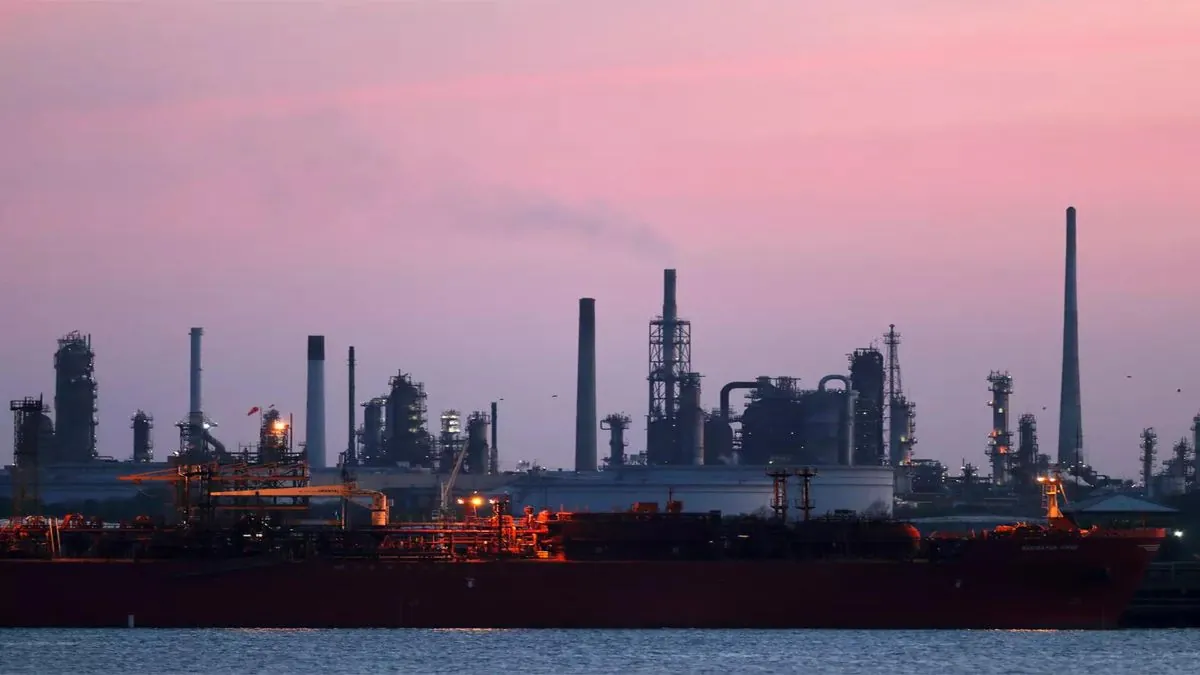India remains open to purchasing oil from Russian companies not under sanctions, citing favorable pricing, according to Hardeep Singh Puri, India's oil minister. Speaking at the GasTech conference in Houston, Puri emphasized India's commitment to securing energy at the most competitive rates.
"If an entity is not under sanctions, there is no question I will buy from the cheapest supplier."
As the world's third-largest oil consumer and importer, India relies heavily on foreign sources, importing 88% of its oil needs. The country's energy consumption is expected to rise, with plans to increase the use of natural gas and renewable sources.
India's current annual refining capacity stands at 252 million metric tons, equivalent to 5.04 million barrels per day. The nation is considering a significant expansion of this capacity:
- Current projects aim to increase capacity to 300 million metric tons per annum
- Discussions are underway to potentially reach 400 or 450 million metric tons
The adoption of natural gas in India has faced challenges due to price volatility. While the country aims to increase gas usage from 6% to 15% of its energy mix by 2030, progress depends on market stability. Puri noted that lower gas prices would accelerate this transition.
India's energy strategy extends beyond its borders. The country has engaged in talks with Guyana, which possesses over 12 billion barrels of recoverable oil equivalent resources. Additionally, India is exploring potential partnerships with the world's five largest oil and gas companies for hydrocarbon exploration within its territory.
Indian state and private entities continue to invest in liquefied natural gas projects globally, demonstrating the country's commitment to diversifying its energy portfolio and securing long-term supply.
As India navigates the complex global energy landscape, it remains focused on balancing economic considerations with environmental goals, while ensuring energy security for its growing population.
